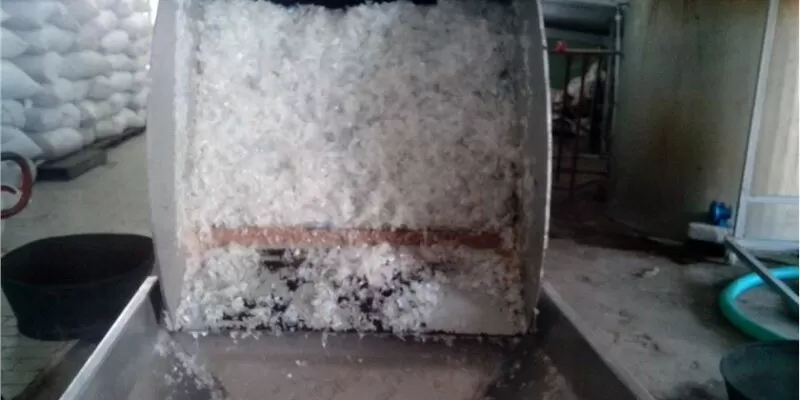Plastic waste is a mounting issue globally, and South Korea is no exception. The country’s rapid economic growth and high consumption rates have led to significant plastic waste generation. This poses a threat to the environment, clogging waterways and littering landscapes. How can South Korea tackle this issue effectively? By implementing comprehensive plastic waste management strategies.

The key lies in strict regulations, advanced recycling technologies, and strong public awareness campaigns. South Korea’s approach serves as a model for effective plastic waste management, helping reduce pollution and promote sustainability.
Intrigued? Let’s explore the specific strategies South Korea employs to manage plastic waste efficiently.
How does South Korea’s regulatory framework help?
South Korea has established a robust regulatory framework to manage plastic waste. The government enforces strict laws on the production, use, and disposal of plastics. For instance, they have banned the use of plastic bags in supermarkets and imposed heavy fines for non-compliance.
These regulations are designed to reduce plastic usage and promote environmentally friendly alternatives. By enforcing these laws, South Korea ensures that both businesses and individuals adhere to sustainable practices.
What role do recycling technologies play?
Recycling is a cornerstone of South Korea’s plastic waste management strategy. The country has invested heavily in advanced recycling technologies. These technologies enable efficient sorting, cleaning, and processing of plastic waste, transforming it into reusable materials.
For example, South Korea uses state-of-the-art mechanical recycling processes that can handle various types of plastics. These processes are not only effective but also energy-efficient, contributing to the country’s sustainability goals.
How does public awareness impact plastic waste management?
Public awareness is crucial for the success of any waste management strategy. South Korea runs extensive public education campaigns to inform citizens about the importance of reducing, reusing, and recycling plastics. These campaigns include everything from school programs to media advertisements.
By raising awareness, the government encourages responsible behavior and active participation in waste management initiatives. This collective effort significantly reduces plastic waste and promotes a culture of sustainability.
What are the economic incentives for recycling?
Economic incentives play a vital role in promoting recycling. South Korea offers financial rewards to individuals and businesses that actively participate in recycling programs. For instance, there are rebate systems for returning plastic bottles and other recyclable materials.
These incentives not only motivate people to recycle but also support the recycling industry. By creating economic benefits, South Korea fosters a circular economy where waste is minimized, and resources are efficiently utilized.
How does South Korea handle industrial plastic waste?
Industrial plastic waste is another significant challenge. South Korea has implemented strict regulations for industries to manage their plastic waste responsibly. Companies are required to follow proper waste management practices, including waste segregation and recycling.
Moreover, industries are encouraged to adopt cleaner production methods and reduce plastic use. By targeting industrial waste, South Korea ensures comprehensive plastic waste management across all sectors.
How do community initiatives contribute?
Community initiatives are a critical part of South Korea’s plastic waste management strategy. Local governments and NGOs work together to organize clean-up drives, recycling programs, and educational workshops. These initiatives foster community engagement and collective action.
For example, community recycling centers are set up where residents can drop off their recyclables. These centers are equipped with facilities to sort and process plastic waste efficiently. Such initiatives create a sense of responsibility and pride among citizens, driving the success of plastic waste management efforts.
Conclusion
South Korea’s plastic waste management strategies are comprehensive and effective. By combining strict regulations, advanced recycling technologies, public awareness campaigns, economic incentives, industrial regulations, and community initiatives, South Korea sets an example for other nations to follow. Let’s learn from their experience and work towards a cleaner, more sustainable future.
That’s it! Let’s keep pushing the boundaries of what’s possible in plastic waste management.
